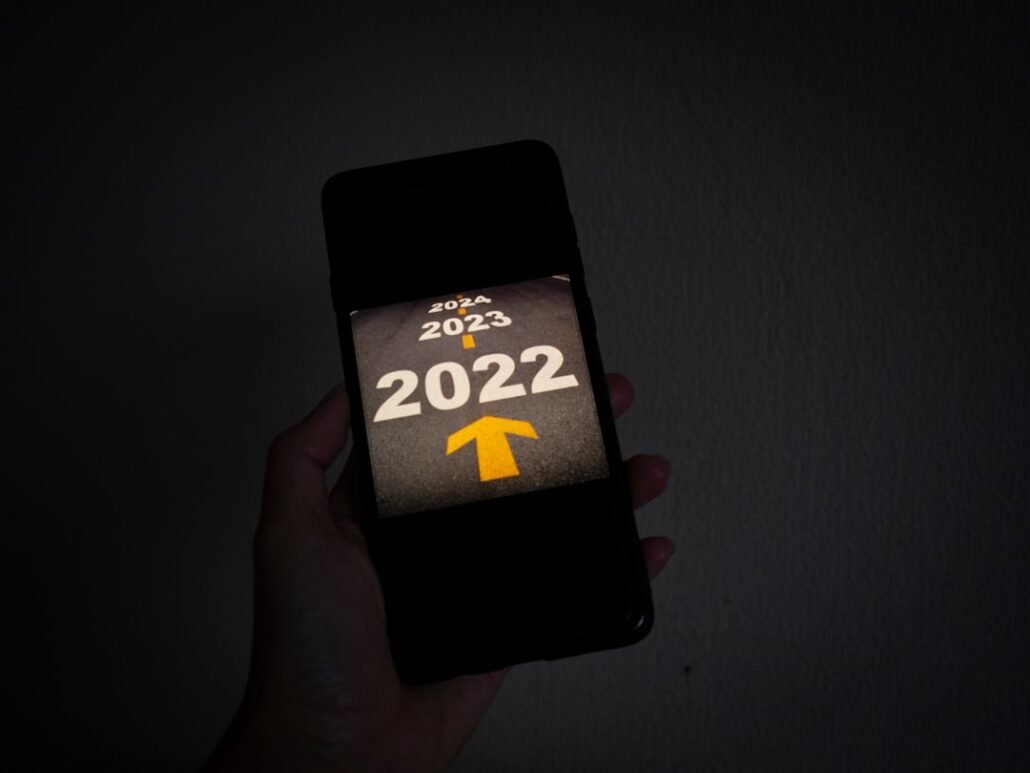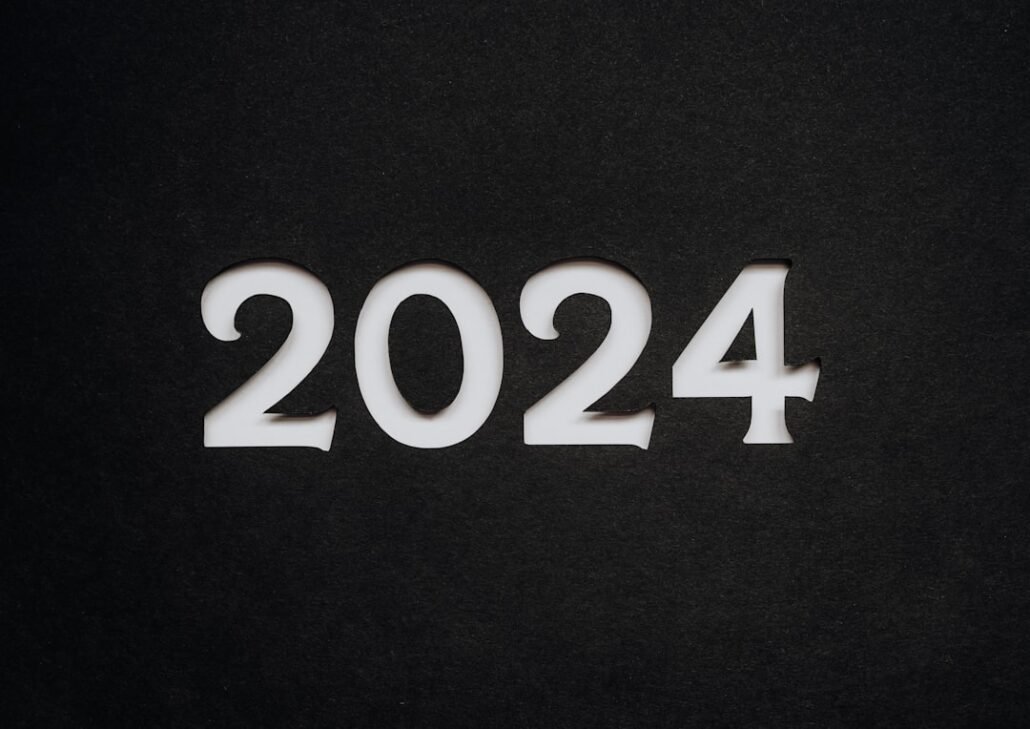The Symbiotic Dance of Technology and Humanity: Navigating the Ever-Evolving Digital Landscape
Technology. The word itself evokes a sense of wonder, progress, and sometimes, even trepidation. It’s woven into the fabric of our daily lives, from the moment we wake to the moment we sleep. But beyond the ubiquitous smartphones and smart homes, what does it truly mean to live in an increasingly technological world? This isn’t just about gadgets; it’s about the symbiotic relationship between human ingenuity and the tools we create. It’s about understanding how technology shapes our societies, our economies, and ultimately, ourselves.
The Blurring Lines Between Physical and Digital Realities
One of the most striking aspects of modern technology is the seamless integration of the physical and digital realms. The metaverse, while still nascent, represents a significant step towards a future where our interactions with technology become more immersive and less reliant on traditional interfaces. Augmented reality (AR) applications already overlay digital information onto our physical world, enhancing our perception and interaction with our surroundings. This blurring of lines prompts critical questions about privacy, identity, and the very nature of reality itself. How do we maintain a sense of self in a world where the digital and physical are increasingly indistinguishable?
The Ethical Considerations of Artificial Intelligence
Artificial intelligence (AI) is rapidly transforming various sectors, from healthcare and finance to transportation and entertainment. While AI offers incredible potential to solve complex problems and improve efficiency, it also raises significant ethical concerns. Algorithmic bias, job displacement, and the potential for misuse are just some of the challenges we face. Developing and deploying AI responsibly requires a multi-faceted approach, involving collaboration between technologists, policymakers, and ethicists. We need to ensure that AI systems are transparent, accountable, and aligned with human values.
Data: The New Currency of the Digital Age
In the digital age, data has become the most valuable commodity. From personalized advertisements to medical diagnoses, data fuels countless applications and services. However, the collection, storage, and use of personal data raise critical privacy concerns. Data breaches, surveillance, and the potential for manipulation highlight the urgent need for robust data protection regulations and ethical guidelines. Empowering individuals with greater control over their data is paramount to building a more equitable and secure digital society.
The Accessibility Paradox: Technology’s Promise and Its Limitations
While technology has the potential to improve accessibility for people with disabilities, it also presents unique challenges. Ensuring that technological advancements are inclusive and accessible to everyone, regardless of their physical or cognitive abilities, requires careful consideration of design principles and user experience. This includes designing technologies that are intuitive, adaptable, and compatible with various assistive devices. We must strive to create a digital world that is truly accessible to all.
The Future of Technology: A Collaborative Endeavor
Predicting the future of technology is a fool’s errand. However, one thing is certain: technology’s trajectory will be shaped by the choices we make today. Collaboration between governments, industry, and civil society is essential to navigate the complex challenges and opportunities presented by technological advancements. By fostering open dialogue, promoting responsible innovation, and prioritizing ethical considerations, we can harness the power of technology to build a more equitable, sustainable, and prosperous future for all. The future of technology is not predetermined; it’s a future we collectively create.






